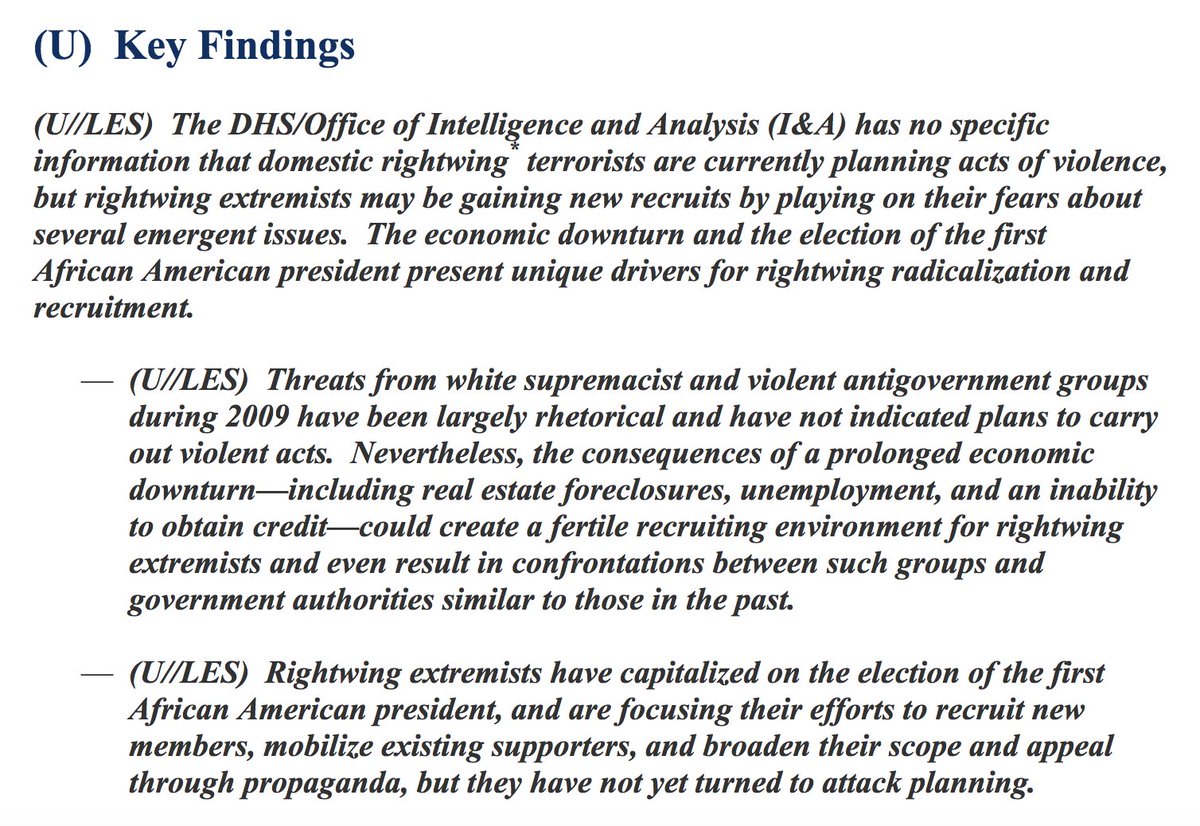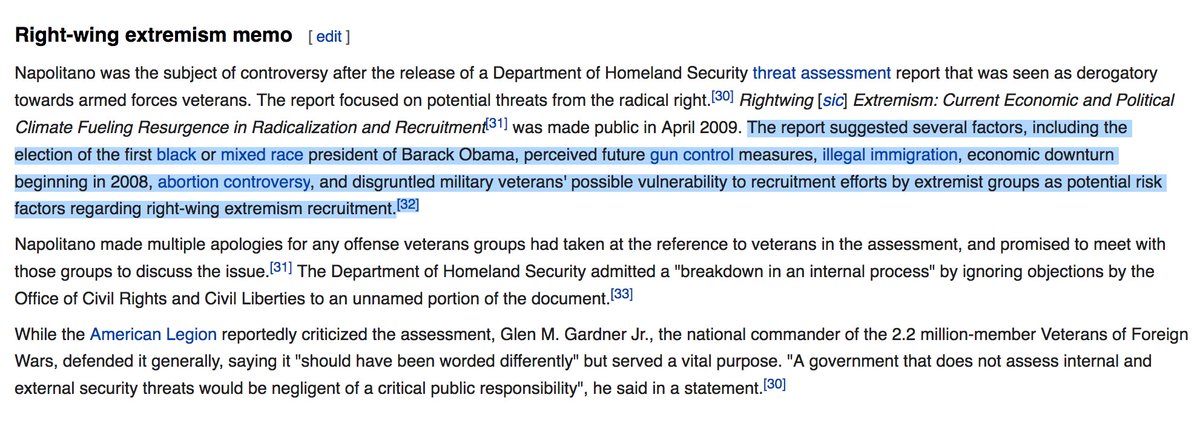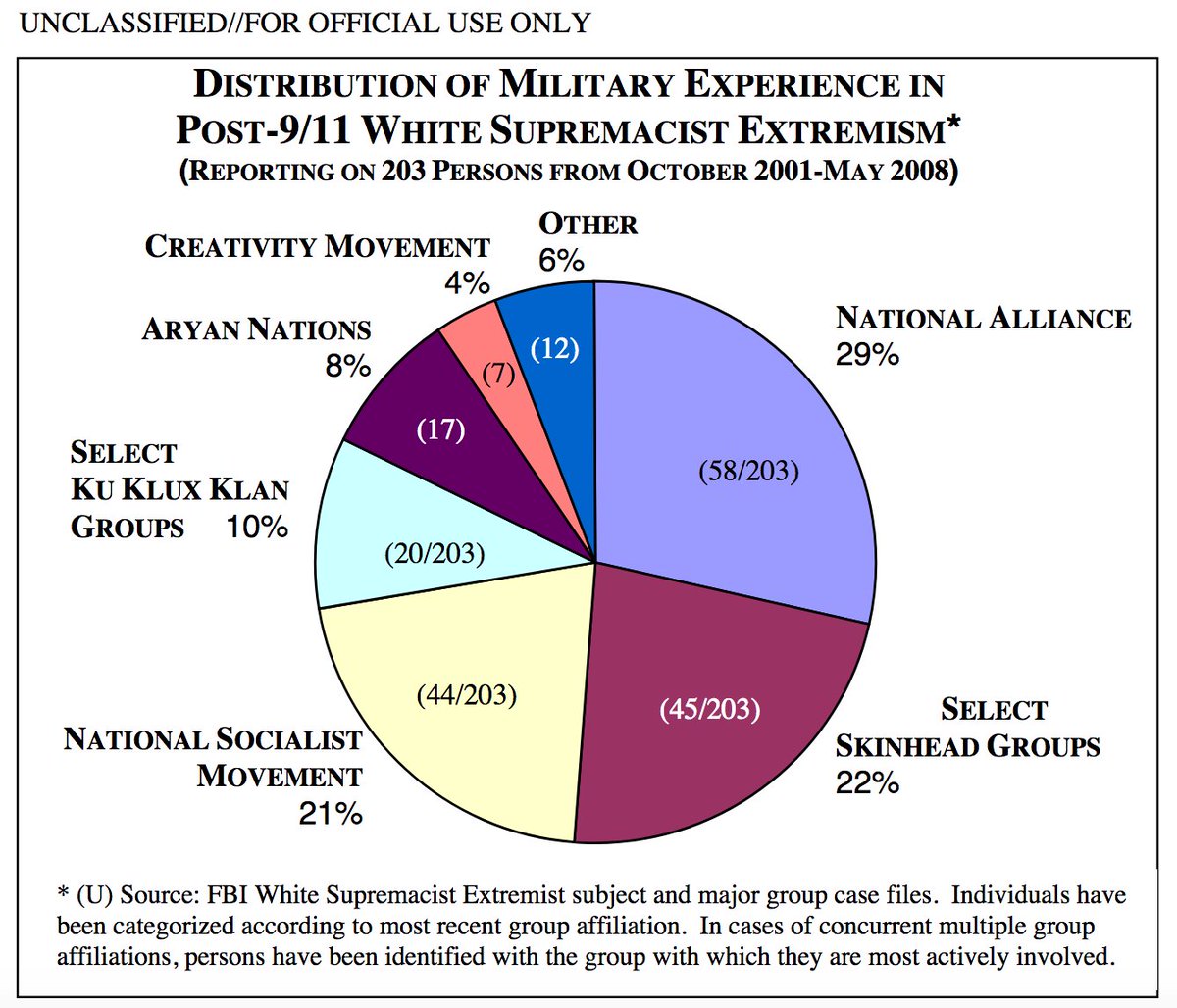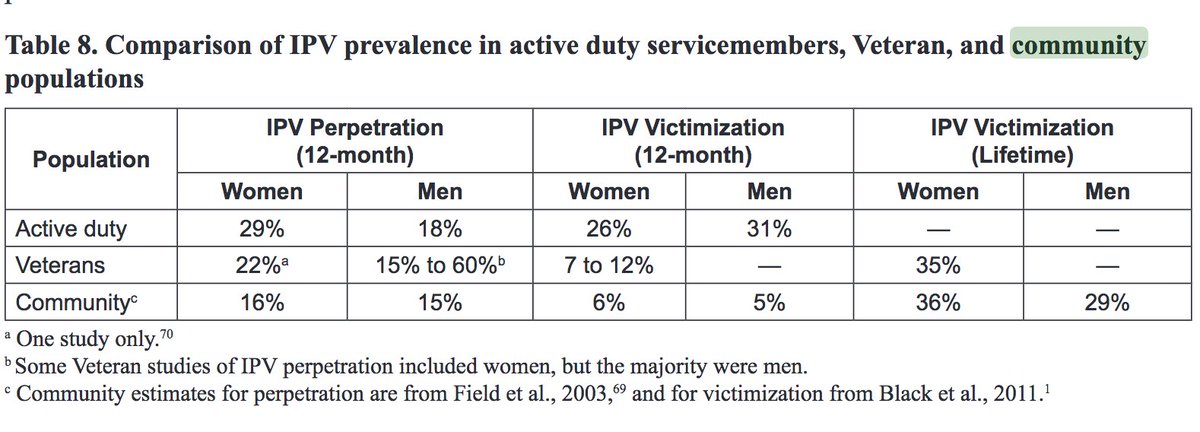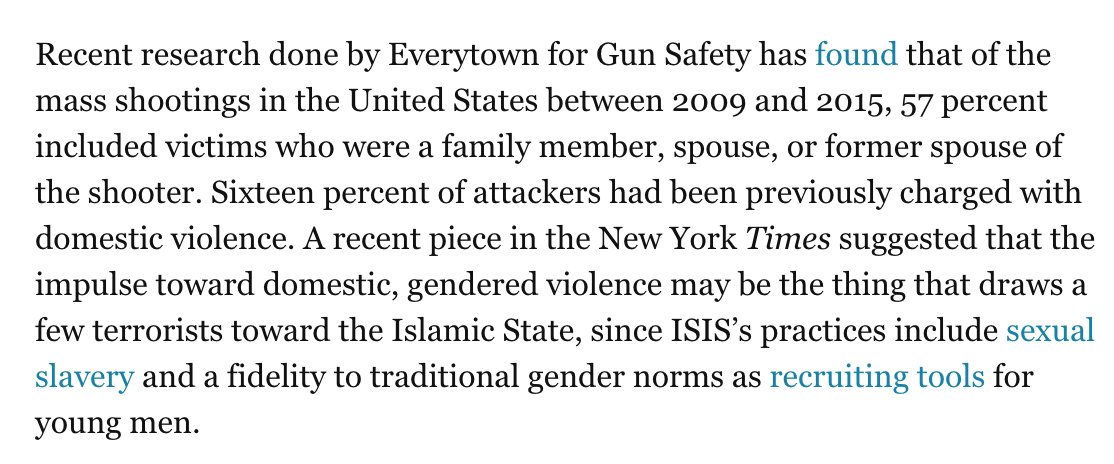This important Medscape article is easier to read in single-page form. Go to the link for heavily-notated notes & supporting sources deleted here.
The Growing Anti-MOC Movement
Although many things make doctors angry, only one issue has made them angry enough to join together in a unified effort to demand relief from their medical societies and representatives in state legislatures: mandatory
maintenance of certification (MOC), particularly for hospital credentialing and insurance network membership.
Pressing state lawmakers to enact anti-MOC legislation has become a cause célèbre for disparate grassroots doctor organizations that have sprung up from Florida to California. Among them are the National Board of Physicians and Surgeons (NBPAS), American Association of Physicians and Surgeons (AAPS), Practicing Physicians of America (PPA), and the Association of Independent Doctors (AID).
"We have amassed almost 50,000 physicians who are communicating about this on Facebook," claims Westby Fisher, MD, director of cardiac electrophysiology at NorthShore University Health System in Evanston, Illinois. Dr Fisher is a cofounder and treasurer of PPA. Formed this year, PPA is a coalition of grassroots physician groups.
These groups are joined by a growing cadre of physician bloggers, some claiming to have tens of thousands of readers. Dr Fisher, who is author of the blog Dr Wes, in which he posts regular updates on the progress of anti-MOC legislation, says he has almost 17,000 followers on Twitter.
Individual doctors are also emailing, writing, and calling their state medical societies and legislators to demand relief from MOC.
Together, these forces have coalesced into a movement that has been influential in spurring medical societies to propose legislation to ban mandatory MOC requirements by hospitals and insurers in at least 17 states this year.
"What these groups have in common is that their members are exhausted by the liberties taken by unaccountable organizations, at the expense of patients and physicians," says Marni Jamison-Carey, executive director of AID.
Formidable MOC Proponents
Seeking to block anti-MOC legislation, say movement leaders, are the American Board of Medical Specialties (ABMS), which sets the standards for physician certification in partnership with 34 member boards, and some hospitals and health insurers operating in a given state.
These pro-MOC forces have mounted lobbying campaigns to convince state legislators that hospitals requiring MOC for physician credentialing and insurers requiring MOC for physician reimbursement and network participation should be permitted to continue in the interest of quality of care and patient safety, say physician-legislators who have sponsored anti-MOC legislation.
"It's a David vs Goliath battle," Dr Fisher says.
As to why MOC should remain mandatory, Susan Morris, ABMS director of communications, sent the board's rationale to Medscape in an email:
Patients rely on certification by an ABMS Member Board as an indicator that their physician has the knowledge, skills, and professionalism to practice in a specialty. The ABMS Boards concluded decades ago, based on substantial evidence, that ongoing assessment is necessary to assure that their knowledge and clinical judgment are up to date in their specialty.
Legislation being introduced in states across the country seeks to remove requirements that physicians demonstrate that they are up to date in their specialty. Some of these bills would prevent hospitals or health plans from requiring physicians to hold a current certificate. Others would regulate private, voluntary certification programs to lower competency standards for medical specialists.
ABMS believes that this legislation puts patients at risk. Patients deserve to know that their physicians are up to date. Faced with a physician who was initially certified after residency but who has not kept the certificate current, patients will be in the dark. They will not know whether that physician chose not to participate, or failed to earn recertification, or was denied the certificate for unprofessional behavior.
But doctors in the anti-MOC movement charge that whereas initial board certification is a legitimate requirement, MOC has evolved into a money-making scheme that forces them to pay recertification testing fees that are too costly and are required too often.
"ABMS has been desperate to maintain the monopoly of their testing cartel using strongman tactics against us," contends Dr Fisher. "The fight against the onerous and expensive ABMS continuous certification requirement that was born of an insatiable thirst for physician testing and educational fees in the name of healthcare 'quality' was the catalyst that finally sparked the war between these opposing forces."
"Every time you reach into your wallet to get $2800 to pay for recertification every 10 years, you start thinking, 'Why am I doing this?'" Dr Fisher says. "I have recertified three times. Each time, it has gotten more laborious, with more time away from my patients and family. Who are these people to tell me how to practice medicine? I've been doing this for 30 years. They have no idea of what we do in our individual practice settings."
ABMS has tried to meet the doctors halfway. "Physicians have raised several legitimate concerns about the MOC process and the ABMS Member Boards have adopted several changes that lower the costs, increase the relevance of the process to practice, increase flexibility for meeting the standards, and make the whole process more convenient," the email from Morris explained.
Among the changes ABMS cites are remote proctoring or online assessment and other innovations that eliminate the expense and time cost of the exam; the use of resources to simulate the way physicians practice at the bedside; new testing approaches that are more customized to practice and more formative, to help doctors focus their learning; a focus on clinical judgment and decision-making rather than recall of medical facts; and more convenient access to practice-relevant learning and improvement activities.
However, none of these attempts at appeasement, or anything short of making MOC nonmandatory, is stopping doctors in the anti-MOC movement from seeking legislative relief. How successful have their efforts been? Let's take a look.
MOC Battles in Arizona, Kentucky, and Michigan
Meg Edison, MD, a pediatrician in Grand Rapids, Michigan, is author of the blog Rebel MD, in which she tracks legislative skirmishes over MOC in the states. "The states are laboratories of democracy," Dr Edison observes, "and as these MOC battles demonstrate, each state tackles the issue in different ways that best suit their legislative climate."
Last year, medical societies in Arizona, Kentucky, and Michigan tried to get legislation passed to stop MOC from being used as a precondition for hospital credentialing and insurance network membership. But the bills that were passed fell short of this goal. They only stipulated that state medical boards "may not require a specialty certification or maintenance of a specialty certification as a condition for licensure," as the Arizona law put it. Any mention of hospitals or insurers was dropped.
Decoupling MOC from medical licensure is a solution in search of a problem, Dr Edison believes, because no state currently conditions medical licensure on MOC. But in 2012, the Federation of State Medical Boards (FSMB) sought to convince the Ohio legislature to require MOC for medical licensing renewal in the state. Over 15,000 Ohio doctors rebelled, uniting 15 Ohio medical organizations to successfully defeat the measure.
This factual account was meticulously detailed in an article in the Journal of Community Hospital Internal Medicine Perspectives by Paul Kempen, MD, PhD.
However, Lisa Robin, FSMB's Chief Advocacy Officer, disputes this version of events. "We never advocated that any state medical board require MOC for renewal of licensure," she insists. "There was no effort in Ohio to require MOC for licensing renewal. That simply did not happen. It was a myth that just went viral."
Be this as it may, many doctors fear this could happen in other states, so passing a law that explicitly forbids it does address a real concern, even if removal of mandatory MOC requirements by hospitals and insurers are battles to be waged another day.
In Michigan, Dr Edison's state, where she had high hopes, the result was even more disappointing. "The legislation didn't go anywhere," she says. "We had a hearing, and it never went to a vote or even get out of committee, because the pressure from the insurers and the hospitals was just too great. So we had to put ours on pause."
This year, four significant attempts to get anti-MOC legislation passed have already taken place—in Oklahoma, Tennessee, Florida, and Georgia.
Oklahoma: A Win Overturned on a Technicality
In 2016, the Oklahoma State Medical Association (OSMA) supported anti-MOC legislation coauthored by Rep Mike Ritze, DO, a family physician. "For many physicians, MOC makes sense," OSMA said in a statement. "But it is not a one-size-fits-all solution for all physicians. [The bill] would still allow hospitals and health plans to 'fast track' someone who has MOC, but it would say MOC can't be the only way in and would require them to have some alternate pathway by which physicians could be credentialed."
For example, NBPAS offers an alternative to ABMS testing for recertification.[6] A doctor is required to take 100 hours of continuing medical education (CME) in the previous 24 months, and prove it with either CME certificates or transcripts from the CME provider. The cost of a recertification certificate is $169.
The bill passed the state House of Representatives and the state Senate unopposed. On April 12, 2016, Governor Mary Fallin signed it into law. Oklahoma thus became the first state to enact legislation aiming to remove MOC as a requirement for physicians to obtain a license, get hired and paid, or secure hospital admitting privileges.
"Oklahoma stunned everyone last year when they passed the first Right-to-Care legislation protecting patients and their doctors from MOC red tape, in bipartisan fashion, without a hitch," Dr Edison observes. "Unfortunately," she adds, "the language was not as tight as first thought, and hospitals found wiggle room to continue forcing MOC on some doctors while exempting 'grandfathered' doctors."
Dr Ritze introduced a new bill earlier this year to clarify the language for hospitals.
"The bill looked like a slam dunk," Dr Edison recalls. "The hospitals didn't seem to oppose it. The medical society didn't even make it a priority for physicians to call prior to the vote." But in the final 24 hours before the vote, she says, ABMS and Oklahoma hospitals "went on a lobbying and misinformation tirade, pouring incredible amounts of lobbying pressure and money upon the legislature."
"The bill, as drafted, unnecessarily interferes with the ability of Covered Hospitals to select the best-trained and most appropriate individuals to staff their facilities and unduly burdens their ability to contract with such individuals," countered an ABMS legal analysis that offered talking points to hospitals and insurers opposed to the legislation. "Please do not let Oklahoma become the only state in the nation that puts its patients' quality of care at risk by removing Maintenance of Certification requirements for physicians practicing specialized medicine."
"The doctors were caught off guard and were completely flatfooted to respond to such an outpouring of lobbying power and misleading information," Dr Edison blogged. In the end, the bill "failed miserably 71-22." The previously passed anti-MOC law still stands but remains "in legal limbo."
"Not surprisingly, those who are profiting from MOC don't want their gravy train to end and have launched a disinformation campaign to scare my fellow legislators into blocking this needed reform," Dr Ritze responded. "And unfortunately, they have succeeded in stopping [the revised bill] this year." He vowed to keep fighting. "Take a moment today and contact your state legislators and ask them to support MOC reform in 2018," he urged Oklahoma doctors.
"The takeaway point here," Dr Edison concludes, "is that ABMS will spare no expense to stop state legislation."
Tennessee: An 'Elegant' Bill Rendered 'Impotent
In 2016, the Tennessee Medical Association passed a resolution to "oppose and defeat efforts by American Board of Medical Specialties and the Federation of State Medical Boards to require physicians to impose mandatory Maintenance of Certification (MOC) and Maintenance of Licensure (MOL) as conditions of employment, licensure, reimbursement or professional insurance coverage."
"Imposing such certification requirements upon the practice of medicine in Tennessee amounts to interference in the patient-physician relationship and threatens to interpose needless regulation between physician and patients in Tennessee," the resolution continued. "There is no evidence that MOC and MOL requirements improve patient care, but rather decrease access to physicians by excluding non-certified licensed physicians who do not repeatedly re-certify, thereby placing an undue time and financial burden on physicians and encouraging early retirement."
The resolution became the basis of an anti-MOC bill that was introduced in the Tennessee State Assembly in April.
"An elegant MOC bill," Dr Edison deemed it. But, she continued, "the hospitals and insurers had such a fit and lobbied so hard against the bill, pushing delay upon delay, that the senate subcommittee had to strip any mention of hospitals and insurers from the bill for it to move forward. The sad, impotent Tennessee bill now simply says that MOC can't be required for a medical license."
"We were running into a lot of opposition," concedes cardiothoracic surgeon Richard Briggs, MD, the Tennessee state senator who sponsored the bill. "It was going to be a tough sell—with two or three insurance companies; some hospitals; and HCA Healthcare, a for-profit hospital chain headquartered here, opposed to it."
Cigna led the opposition among insurers. BlueCross BlueShield of Tennessee, the state's largest insurer, doesn't require its member physicians to maintain their certification. "They have said they couldn't maintain their networks if they did," Dr Briggs says. An ABMS representative also flew down to Knoxville, the state capital, to testify against the bill, he recalls.
Dr Briggs could have made a convincing case to his colleagues in the General Assembly about the problems with mandatory MOC, based on his own experience.
"Even though I'm a cardiothoracic surgeon, I haven't done heart or lung transplants since the 1980s," he explains. "We don't even admit children to my hospital. But if I have to take maintenance of certification, I've got to take courses on heart transplants, lung transplants, and congenital heart surgery. That's very expensive, and it has nothing to do with my specialty. Why not do the things I need to do for my continuing medical education that actually affect my patients—transarterial valve replacements, for example, and robotic coronary artery bypass grafts, robotic mitral valves, and minimally invasive lung surgery that would really improve the quality of care in our entire region?"
"The other issue I have as a state senator is that ABMS is usurping our authority to decide who practices medicine here in Tennessee and who doesn't," Dr Briggs says. "ABMS is a testing company. It's not a professional organization. It isn't the American College of Surgeons. It isn't the American Association for Thoracic Surgery. We should not be allowing a for-profit corporation to decide who practices medicine in the state of Tennessee. It needs to be our own Board of Medical Examiners."
But those arguments, for the most part, didn't get made. "I had several other bills I was sponsoring, and I couldn't work on all of them at once," Dr Briggs admits. However, "we plan to have a 'summer study,' where we sit down with the folks from ABMS this summer and look at this together, because we're going to bring the bill back next year. It's the number-one legislative priority of the Tennessee Medical Association, and I think we have a good chance of getting this thing through."
Florida: Realpolitik or Act of Betrayal?
A bill drafted by the Florida Medical Association (FMA) was introduced in the Florida legislature in Tallahassee in April. It precluded the state board of medicine, department of health, licensed healthcare facilities, and health insurers operating in Florida from requiring recertification "as a condition of licensure, reimbursement, employment, or admitting privileges for a physician who practices medicine and has achieved initial board certification in a subspecialty."
"Finally, legislators are taking notice of the abuse of MOC in Florida and proposing laws to stop it," proclaimed St Petersburg neurosurgeon David McKalip, MD, president of the Florida chapter of AAPS, which had helped to shape the legislation.
But then something unexpected happened.
Florida has more doctors (over 52,000) than any state except California and Texas. With a constituency that large, and with ample funding to lobby state legislators, FMA should have had the clout to get the legislation passed, Dr McKalip contends. It didn't. To get the bill out of committee, FMA was forced to rewrite it from scratch.
The new version did not address the MOC concerns of Florida doctors at all. On the contrary, it directed the state to regulate its subspecialty boards, with a complicated plan to control MOC rather than make it voluntary. As long as a subspecialty board registers with the state, is a 501(c)(3) corporation, has a brick-and-mortar building with full-time employees, and doesn't require additional testing, the doctors under its aegis could be compelled to maintain their certification in order to say they are board-certified.
For Dr McKalip, the completely rewritten legislation was an act of betrayal. "No one in medicine wants that," he told Medscape. "Why would we ever want the government to have more authority to put a seal of approval on MOC?"
The final draft of the legislation "was made to differ from the initially filed bill because we were told that if the bill wasn't changed, it wasn't going to get a hearing," explains Jeffrey Scott, JD, FMA's general counsel. "It would have died exactly as it was. So we took our direction from the committee chairman, who was also the bill sponsor. When the sponsor who chairs the committee the bill's being heard in tells you to do something if you want to have any chance of moving forward, you do it."
FMA was directed to rewrite the legislation because ABMS, the Florida Hospital Association, and the Florida Healthcare Association, representing the state's insurers, applied significant pressure, Scott maintains. "A number of senators on the Health Policy Committee expressed some concern," he says. "To get the bill out of that committee, it needed to be less controversial."
The earliest FMA could introduce a new bill that addresses MOC requirements in the Florida state legislature is 2018, Scott says. "We're going to be meeting with all the folks who have an interest in coming up with a game plan," he adds. "I can't say at this point what it will be. We're going to study it over the summer."
Georgia: A True Anti-MOC Bill Becomes Law
Georgia's anti-MOC legislation, proposed by the Medical Association of Georgia (MAG) in January, states that MOC "shall not be required as a condition of licensure to practice medicine, employment in certain facilities, reimbursement, or malpractice insurance."
The state House of Representatives passed the bill on March 1 (the vote was 171-2). The state Senate passed the bill on March 28 (the vote was 52-1). Governor Nathan Deal signed the bill into law on May 8, making Georgia the only state that currently lifts MOC requirements for staff privileges at "certain" hospital facilities and for insurance network membership, as well as for medical licensure.
"That was pretty stunning," Dr Edison remarks. "That one went completely under the radar. No drama. That was a pretty big win."
"Georgia was a biggie," Dr Fisher agrees. "That's got all the conflicts. They can't use MOC for hospital credentialing. They can't use it for licensure. Or for insurance reimbursement of physicians. So it fills the entire bill."
What accounts for this political victory? Dr Fisher credits the leadership of Rep Betty Price, MD, who cosponsored the bill. Dr Price, an anesthesiologist, is married to Health and Human Services Secretary Tom Price. "She made a very compelling argument for why this is bad for patients," Dr Fisher maintains.
But compelling arguments for removing MOC requirements have been made in other states, without success. Why no drama in Georgia? Georgia has over 23,000 practicing physicians. Oklahoma, with only 8854 physicians, had plenty of drama. Why didn't ABMS, and Georgia's hospitals and insurers, mount an effective lobbying campaign to defeat or at least water down the bill, as they have done in other states?
As it turns out, ABMS did make an effort to block the Georgia bill. "ABMS contacted several lobbying firms to see whether they could have that battle fought down here, and I think many of them declined," says Derek Norton, MAG's Director of Government Relations. "With the strength of our legislative team and our position in the capital, I don't think they thought they could win that battle."
However, the law prevents MOC from being mandated at certain facilities, Norton emphasizes. The key word is "certain." The removal of MOC requirements only applies to state hospitals. The bill does not apply to general hospitals in Georgia that require MOC for credentialing. "That's why the Georgia Hospital Association didn't mount a big fight," Norton explains. "It really wasn't a huge deal to them."
The initial draft of the legislation was directed at all the hospitals in the state. "Once we took that out, the hospital association was okay with it," Norton says, "and so we just went forward from there."
Georgia has six state hospitals, which are covered by the new law. But the state has nearly 150 acute care hospitals, 17 long-term and rehabilitation hospitals, and 20 psychiatric and chemical dependency facilities that are still free to require MOC.
The law represents progress for the anti-MOC movement, but it's not as dramatic a win as some observers believe. In Norton's words, "It was more of a preemptive strike."
Other States to Watch This Year
Anti-MOC legislation is currently pending in Maryland, Missouri, North Carolina, and Texas, and bills have been introduced earlier this year in Alaska, California, Maine, Massachusetts, New York, and Rhode Island.
California, with over 100,000 physicians, is often a bellwether state. The California Medical Association considered but didn't pass an anti-MOC resolution at its October meeting, according to Los Angeles anesthesiologist Karen Sullivan Sibert, MD, who reports on anti-MOC legislation in the state in her blog A Penned Point. "However," she says, "there is enthusiasm for pursing the resolution again in 2017, and it appears to have a strong chance of passing." The title of the resolution: "Maintenance of Certification should not be used as criteria to assess physician competence."
In Alaska, passage of anti-MOC legislation is a practical necessity, Dr Edison believes. "It doesn't make any sense that nonprofit companies in the lower 48 states should have any influence on a doctor's ability to practice medicine in Alaska," she reasons. "If you try to do your MOC, and you live and practice a long way from a city where you can attend a board review class and then take your exam, as many doctors in Alaska do, it would mean taking weeks off from work. It's a big deal, and you'd be leaving patients in your community for significant periods of time without a doctor."
In Texas, "an anti-MOC bill unanimously passed in the House and went to the Senate, where their public health committee passed it on May 16," Dr Edison reports. "Now it's just waiting to be scheduled for a vote. But it's moving forward despite significant opposition from different special interest groups. I'm very confident in Texas being able to do this." People in Alaska and Texas are fiercely independent, she says.
Last year, the movement got a boost from the House of Delegates of the American Medical Association (AMA), which adopted a policy stating that "MOC should not be a mandated requirement for licensure, credentialing, reimbursement, network participation or employment."
In April, the AMA's leadership went a step further, proposing model anti-MOC legislation. Medscape obtained a copy via a personal communication. It is difficult to find online. Called "The Right to Treat Act," it provides state legislators with a template for drafting new anti-MOC laws, and it lends medical establishment legitimacy to the anti-MOC movement. "No facility...shall deny a physician a hospital's staff or admitting privileges based solely on the physician's decision not to participate in maintenance of certification," a key clause reads. States another, "A health insurance entity...shall not deny reimbursement to or prevent a physician from participating in any of the entity's provider networks based solely on a physician's decision not to participate in maintenance of certification."
Meanwhile, What Recourse Do Doctors Have?
As the movement seeks to involve more doctors and broadens its fight to other states, what about in the meantime? Do you have any option other than to periodically recertify, and pony up the fee, if hospitals and insurers in your state require it?
Dr Fisher doesn't beat around the bush. "No option," he flatly states. "And therein lies the problem."
Dr Edison actually tried to buck the system. "On December 17, 2015, in the middle of my busy day seeing patients, I voluntarily gave up my American Board of Pediatrics (ABP) certification," she recalls. "They say recertification is voluntary. So I said, 'Let's see how voluntary it is.'"
Dr Edison had passed her pediatrics boards twice. She had recruited patients for research projects and submitted her data to the board, as she was asked to do. She had completed the mandatory CME. "It came down to them saying, 'Give us $1300 or you lose your certification,' she told Medscape. From an educational standpoint, I didn't need to recertify until 2023. Yet every few years, they want me to give them more money. So I said, 'You know what? I'm not going to pay.' It's ridiculous!"
Last year, she sent an outraged letter to ABP and posted it on her blog for other physicians to read. "Within days, I had 40,000 views," she claims. "Within weeks, I had 100,000. Clearly, I had hit a nerve."
Her name abruptly vanished from the database of board-certified pediatricians on the ABP website. "You cease to exist," Dr Edison says. "It's as if you never passed your boards to begin with. And it caused all sorts of grief with insurers."
Within days after her name was removed, Blue Cross Blue Shield of Michigan, the state's largest insurer, contacted her. "They aggressively hunt down doctors, and if you aren't doing MOC, they kick you off their panels, Dr Edison explains. "They told me I was no longer board-certified. I had to pay the money or I wasn't going to see my patients. Right away, they were sending letters to my patients telling them that I was no longer a Blue Cross provider and that they were going to be reassigned to a new doctor. My patients were calling the office, upset. My billers were stressed out. I couldn't put my patients and staff through that. So I paid the money—$1300, plus a $200 late fee. Within seconds, I was emailed a PDF file saying that I was magically board-certified again. Within hours, Blue Cross backed down. It's all about the money."
"What some doctors in Michigan who don't want to do MOC are doing is hiring nurse practitioners (NPs) and physician assistants (PAs) to see their patients, because the insurance company will credential an NP or PA," Dr Edison says. "But they won't credential a doctor with years of experience, and who has passed multiple board exams, but who finally decides that they're done with MOC."
The only other alternative is to join the fight. "If you live in a state where MOC is mandatory, it's all about getting anti-MOC legislation to a vote," Dr Edison says. "It's calling up your lawmakers. Doctors, like most people, often don't know who their lawmakers are, so it can be intimidating. But once you jump in, it's nice. You get to talk to people who are creating the laws in your state, and they care about you calling. I don't think doctors call that much, so when one of us does, they listen to our concerns."
The movement is gaining momentum, Dr Fisher believes. "There's a growing group of us who get up every day and head out to work, and in brief moments of quiet, we are sending messages to our friends and working hard to get the word out that we need to stop this," he says. "If nothing else, it's helped us regain our profession and understand what really matters."
Medscape Business of Medicine © 2017 WebMD, LLC
Any views expressed above are the author's own and do not necessarily reflect the views of WebMD or Medscape.
Cite this article: Neil Chesanow. The War Over MOC Heats Up - Medscape - Jun 21, 2017.





 Charles Clymer 🏳️🌈Verified account @cmclymer
Charles Clymer 🏳️🌈Verified account @cmclymer